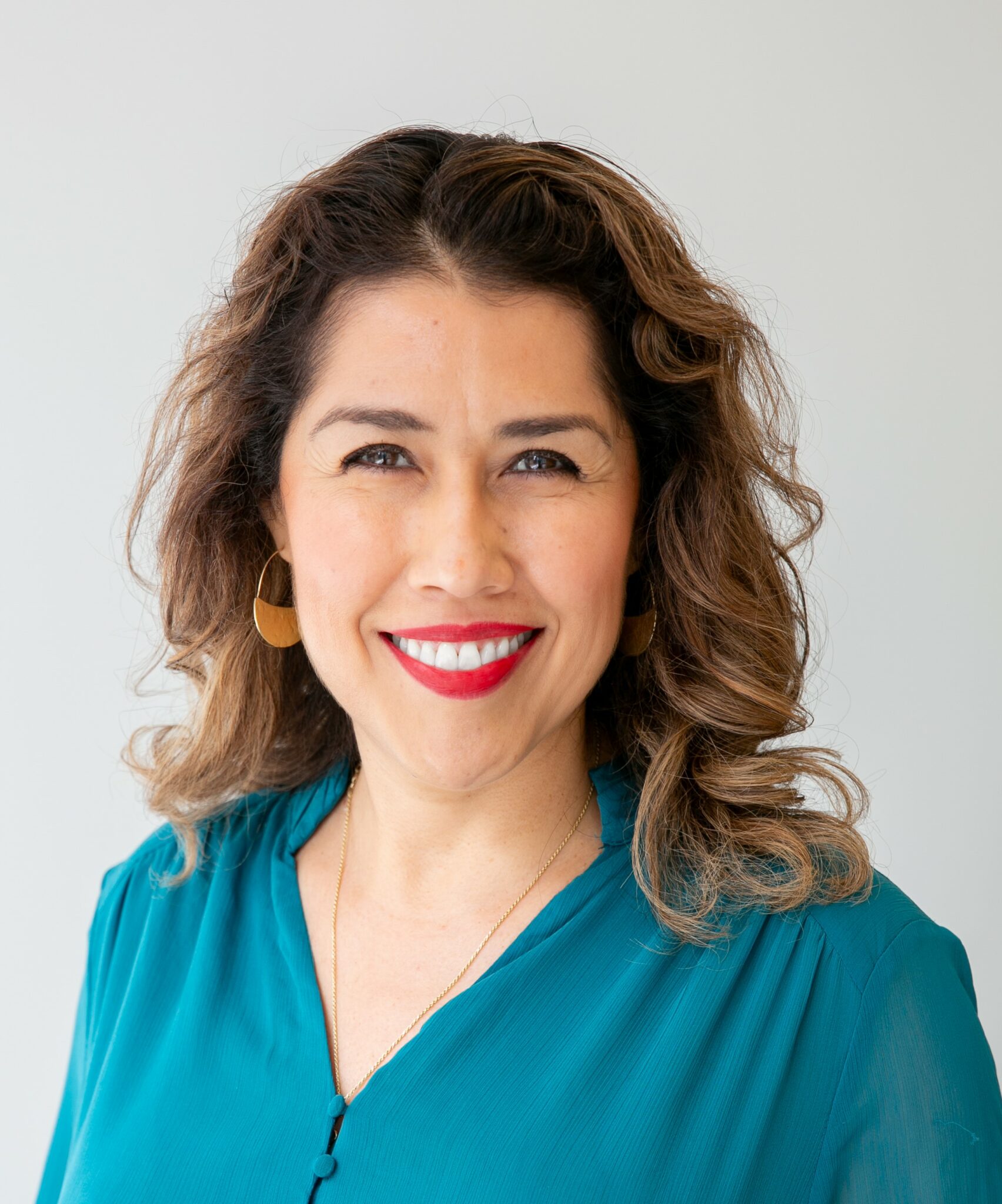How to Get a Holistic Nursing Certificate Online
Holistic nursing is one of the most promising health care specialties. Its rise is made possible by passionate individuals and organizations that work tirelessly to ensure holistic practitioners receive the respect they deserve. This effort has revealed the need for holistic nursing certification to establish and demonstrate a high level of skill and an in-depth understanding of what it means to provide integrative care.
If you’re interested in working as a holistic nurse, it’s important to familiarize yourself with the certification process. Here’s a look at holistic nursing certification and its many benefits for practitioners and patients:
What Is Holistic Nursing?
Holistic nursing provides a patient-centered, integrative approach to health care, merging “conventional” Western treatment protocols with established Eastern methodologies, such as massage therapy and acupuncture. When providing care, holistic nurses emphasize the whole patient by addressing not only physical conditions, but also, mental, emotional, and spiritual health. Proponents believe that this approach builds greater trust with patients while also producing better long-term health outcomes.
This is a philosophical mindset. For a deeper look at standard practices for holistic nursing, it’s worth taking a moment to review the American Holistic Nurses Association (AHNA) Standards of Practice, Code of Ethics and Nursing Theories. This resource clearly outlines expectations for certified holistic nurses, including the specific knowledge and skills required for success in this niche.
Career Outlook: Salary and Employment Rates After Certification
Regardless of specialty, registered nurses (RNs) are in high demand—and holistic practice is certainly no exception. Data from the Bureau of Labor Statistics (BLS) highlights a 7 percent career outlook for all types of RNs, as compared to just 4 percent across all fields. Experts at the BLS emphasize that, while the position’s outlook is strong in general, those with their BSN hold a competitive edge, as do those with experience and relevant credentials in specialty areas of nursing.
Holistic nursing may be one of the niches best capable of helping RNs find work that inspires genuine passion. Demand for qualified holistic nurses has been on the rise since the American Nursing Association (ANA) recognized it as a legitimate niche with its own standards of care and scope of practice. As patients become more aware of the role holistic nurses can play in providing comprehensive care, many go out of their way to seek support from registered nurses and even nurse practitioners with related certification. Experience in holistic nursing may prove particularly beneficial for in-demand specialties such as geriatric and palliative care.
Certification can significantly improve employment prospects for holistic nurses, as it confers a greater level of authority. Likewise, it allows credentialed nurses to seek higher compensation. While the BLS reports median annual wages of $73,300 for RNs, experts also emphasize that nurses with their BSN and additional certifications can command even higher pay.
What Is a Holistic Nursing Certification?
The principles of holistic nursing can be applied at a comprehensive level across the health care profession, but as mentioned previously, certification demonstrates a higher level of skill and knowledge. To that end, the American Holistic Nurses Credential Corporation (AHNCC) oversees the certification process and provides accreditations for educational programs with holistic nursing courses.
The AHNCC also maintains strict recertification requirements, including the completion of contact hours by participating in specific academic programs or seeking other relevant training or experiences.
Holistic nursing certification is valuable, but as the AHNCC maintains, is also entirely voluntary and should not be confused with legal professional licensure. That being said, it can be helpful to understand the levels of certification currently provided:
- Non‐Baccalaureate
- Baccalaureate
- Advanced
- Advanced Practice
Holistic nursing credentials currently awarded to qualified professionals include:
- Holistic Nurse, Board Certified (HN‐BC)
- Holistic Nurse Baccalaureate, Board Certified (HNB‐BC)
- Advanced Holistic Nurse, Board Certified (AHN‐BC)
- Advanced Practice Holistic Nurse, Board Certified (APHN‐BC)
Why Become Certified?
Certification demonstrates you are qualified to provide safe and effective care using a variety of research-backed treatment modalities. Equipped with a certificate, you can demonstrate that you are an authority in your chosen health care niche. Certification may also be key to obtaining certain jobs, as some positions list holistic nursing certificates among the key requirements for employment.
In addition to providing excellent professional opportunities, holistic nurse board certification promotes personal growth. Self-reflection is a crucial part of the certification process, with aspiring holistic nurses encouraged to dig deep to determine why they want to bring an integrative, spiritual approach to care—and what extra steps they can take to better serve their patients.
Are you interested in becoming a holistic nursing professional?
Visit the links below to explore our holistic nursing programs:
Preparation Tips for the Holistic Nursing Exam
Interested in taking the holistic nursing exam so that you can pursue your dream career? This test is rigorous, so extensive preparation is essential if you want to pass on the first try.
The first step? Enrolling in a holistic nursing program that emphasizes integrative care. Often, these programs are provided at the post baccalaureate level, although the AHNCC simply mandates that aspiring holistic nurses obtain their RN license. That being said, a BSN can provide valuable preparation prior to taking on the holistic element of health care.
Ideally, your holistic nursing certificate program will be endorsed by the AHNCC. It should address essential concepts such as psychoneuroimmunology, which emphasizes the role the mind can play in helping the body resist disease. Even if your program consists entirely of online holistic nursing courses, you can obtain clinical experience in your area, giving you plenty of hands-on opportunities to apply all you’ve learned.
Once you’ve completed your online holistic nursing certificate program, be sure to review the primary resources highlighted by the AHNCC as essential for exam prep: the Core Practice Competencies of Holistic Nursing and the AHNA Scope and Standards of Holistic Nursing Practice. Practice exams are also available, so you can feel more comfortable with the testing format. After you’ve taken a practice exam, you’ll have a basic idea of what to expect and which areas may require further study before you take the official test.
What Are the Continuing Education Requirements for Holistic Nurses?
Given the rapid pace of change throughout the health care industry—and especially in holistic nursing—it is crucial that you keep your skills up to date. Thus, the need for continuing education, allowing you to continue to learn and grow as a holistic nurse long after you obtain your certificate. Continuing education is also crucial if you want to remain certified, as you’ll need to renew your credentials on a regular basis.
The AHNCC provides numerous opportunities for fulfilling continuing education requirements. At minimum, holistic nurses seeking recertification must obtain 100 contact hours. These can be earned by enrolling in accredited educational programs or by completing professional development activities such as:
- Publishing holistic nursing research
- Giving presentations related to integrative nursing
- Completing master’s theses or other upper-level academic projects that focus on holistic nursing.
- Maintaining membership with and regularly participating in organizations such as AHNA
Conclusion: Embracing Holistic Nursing for Comprehensive Patient Care
Holistic nursing could be a wonderful career option if you are passionate about the emotional and spiritual elements of health care—and eager to provide an integrative approach to help your patients achieve positive long-term outcomes. Certification provides a clear path forward as you take the next step in your health care career.
If you are interested in learning more about the holistic nursing programs offered at Pacific College of Health and Science, visit admissions or contact us today.
Featured Posts:

